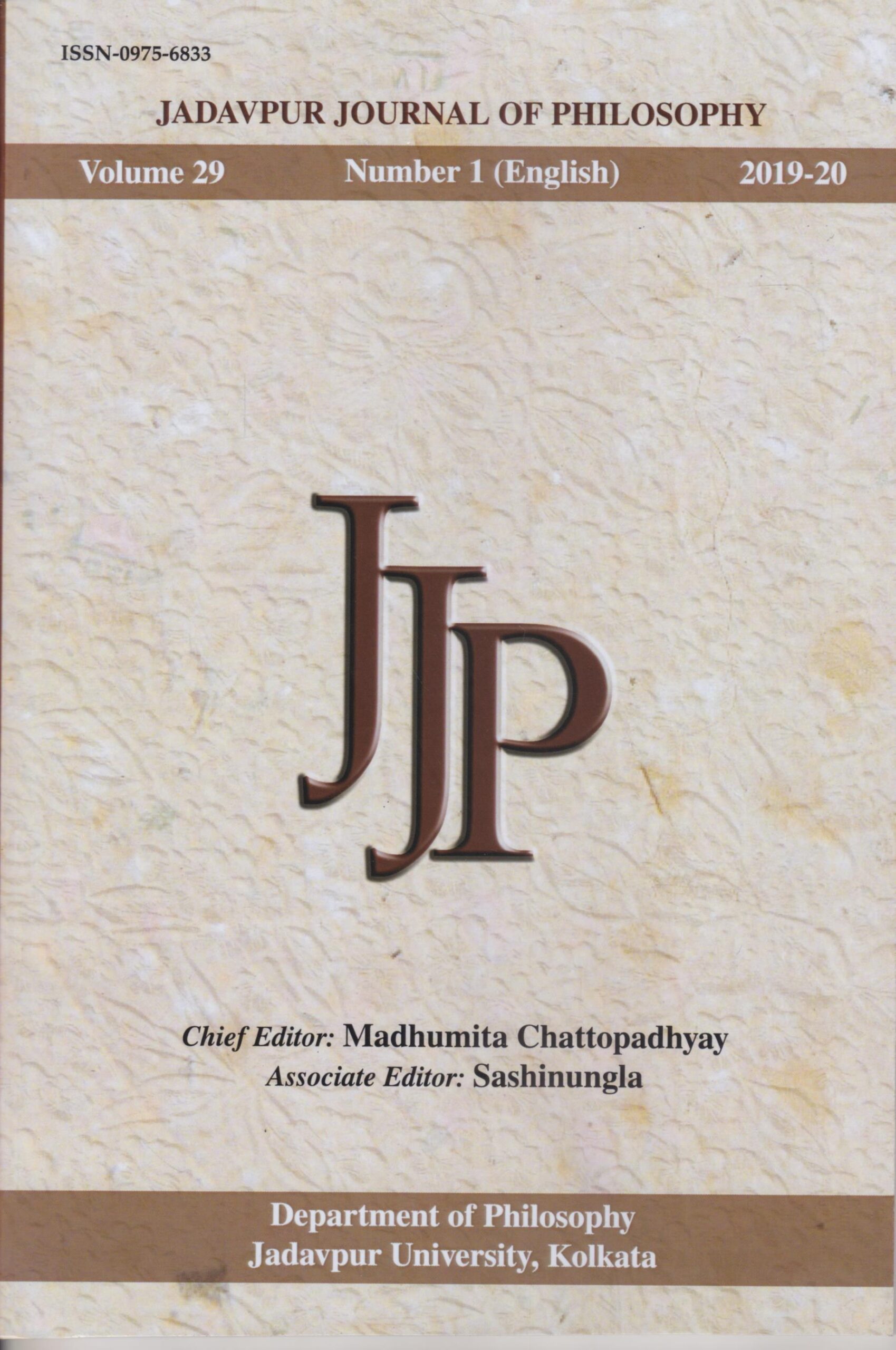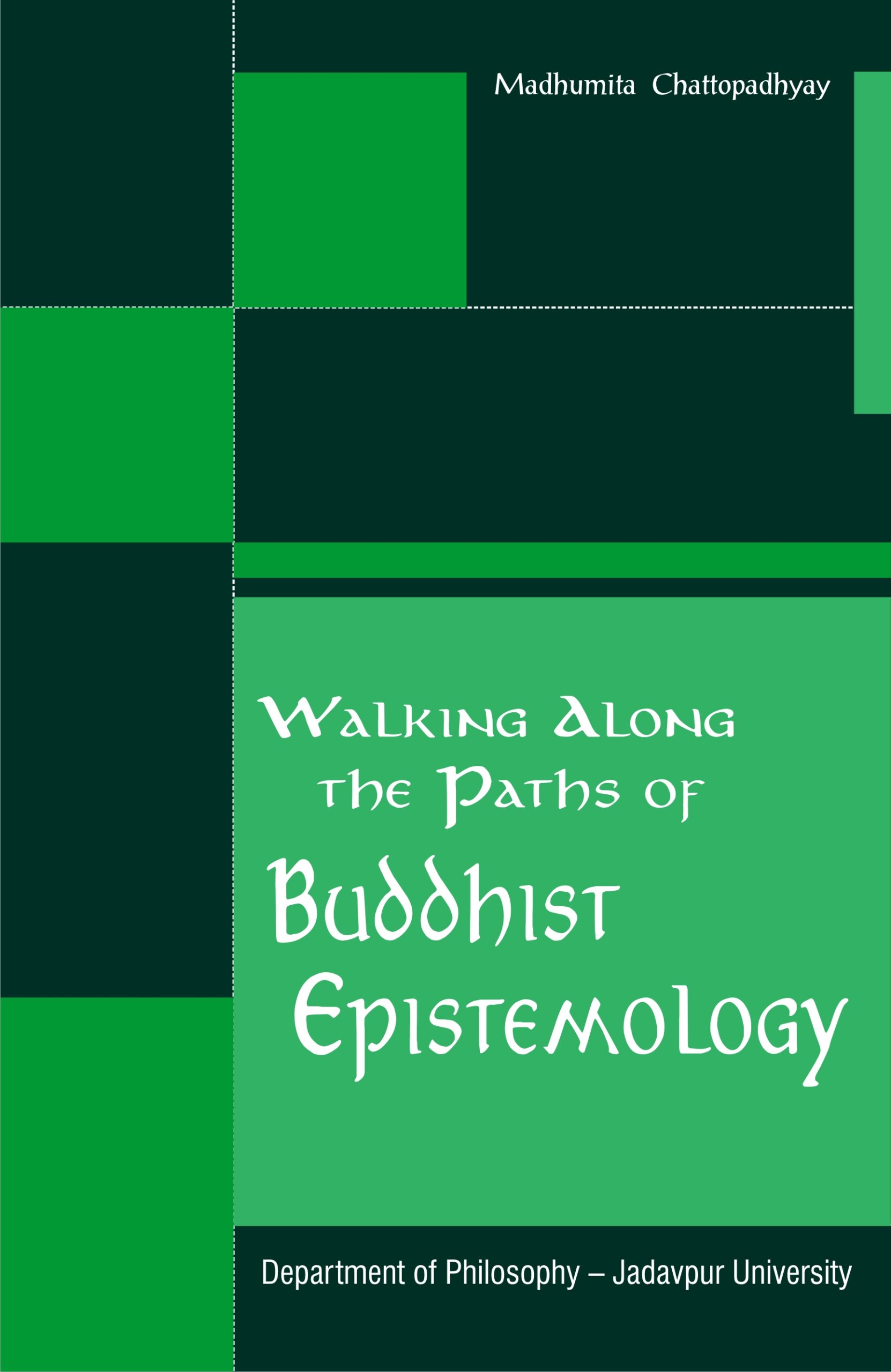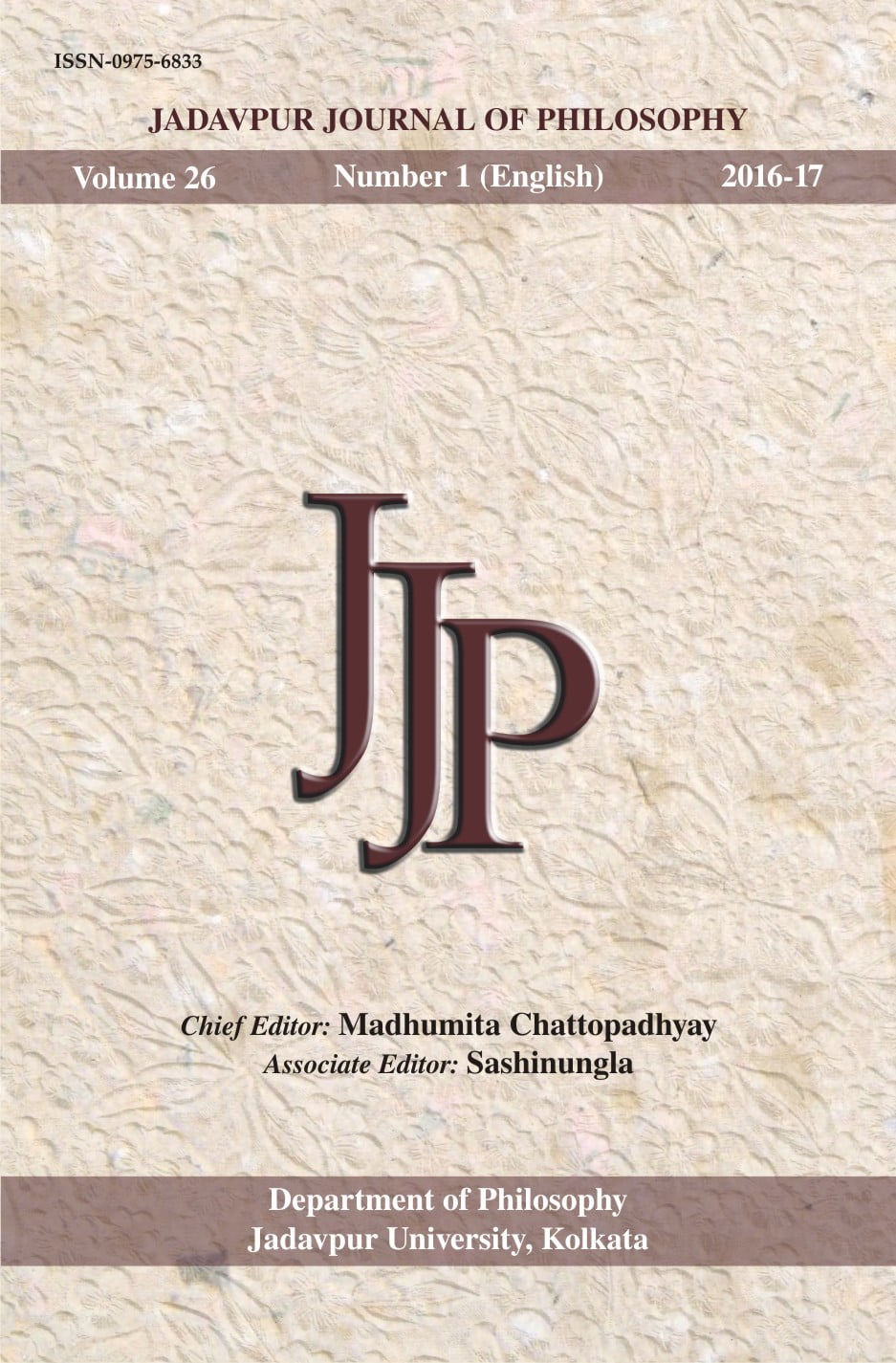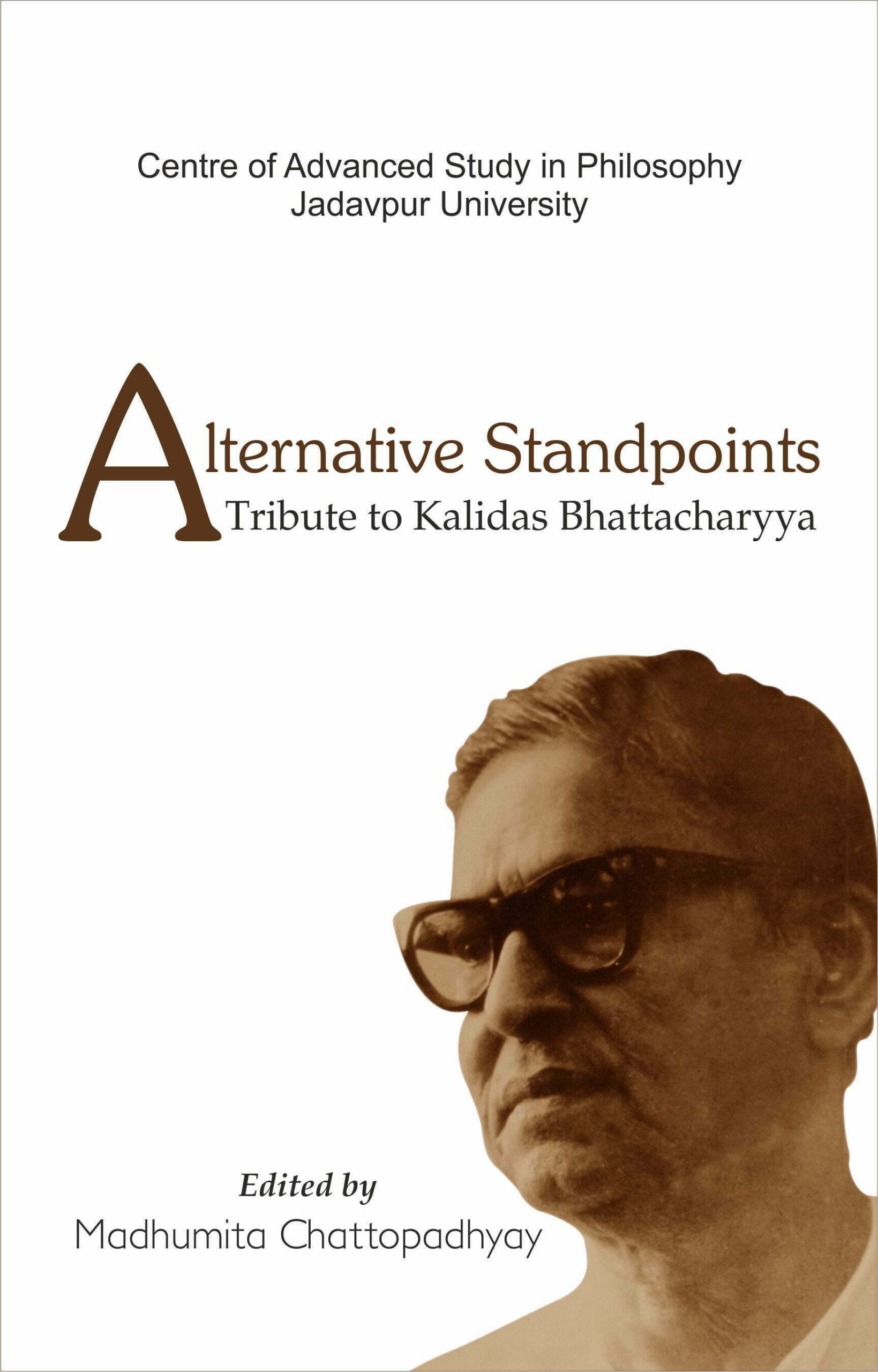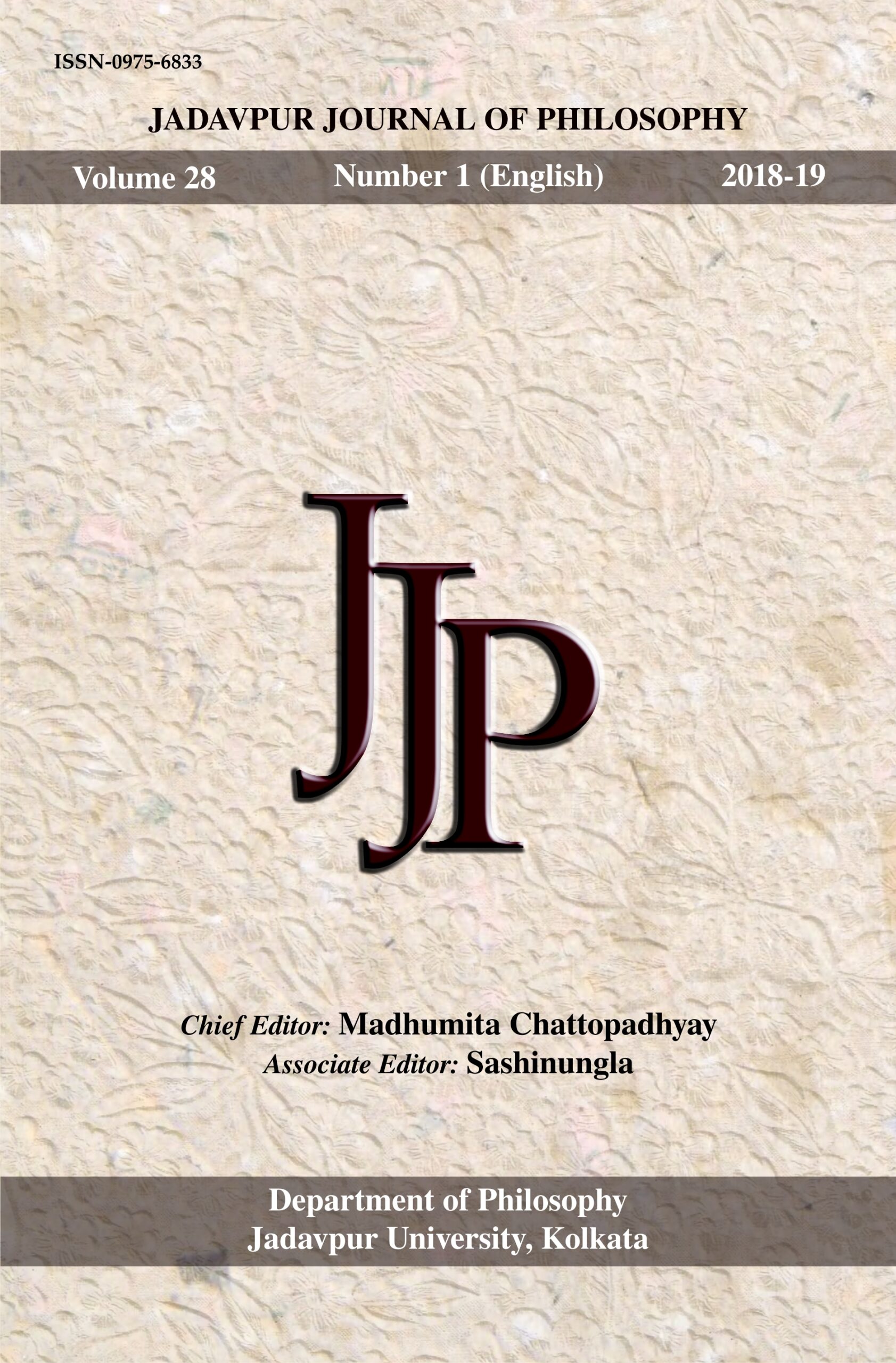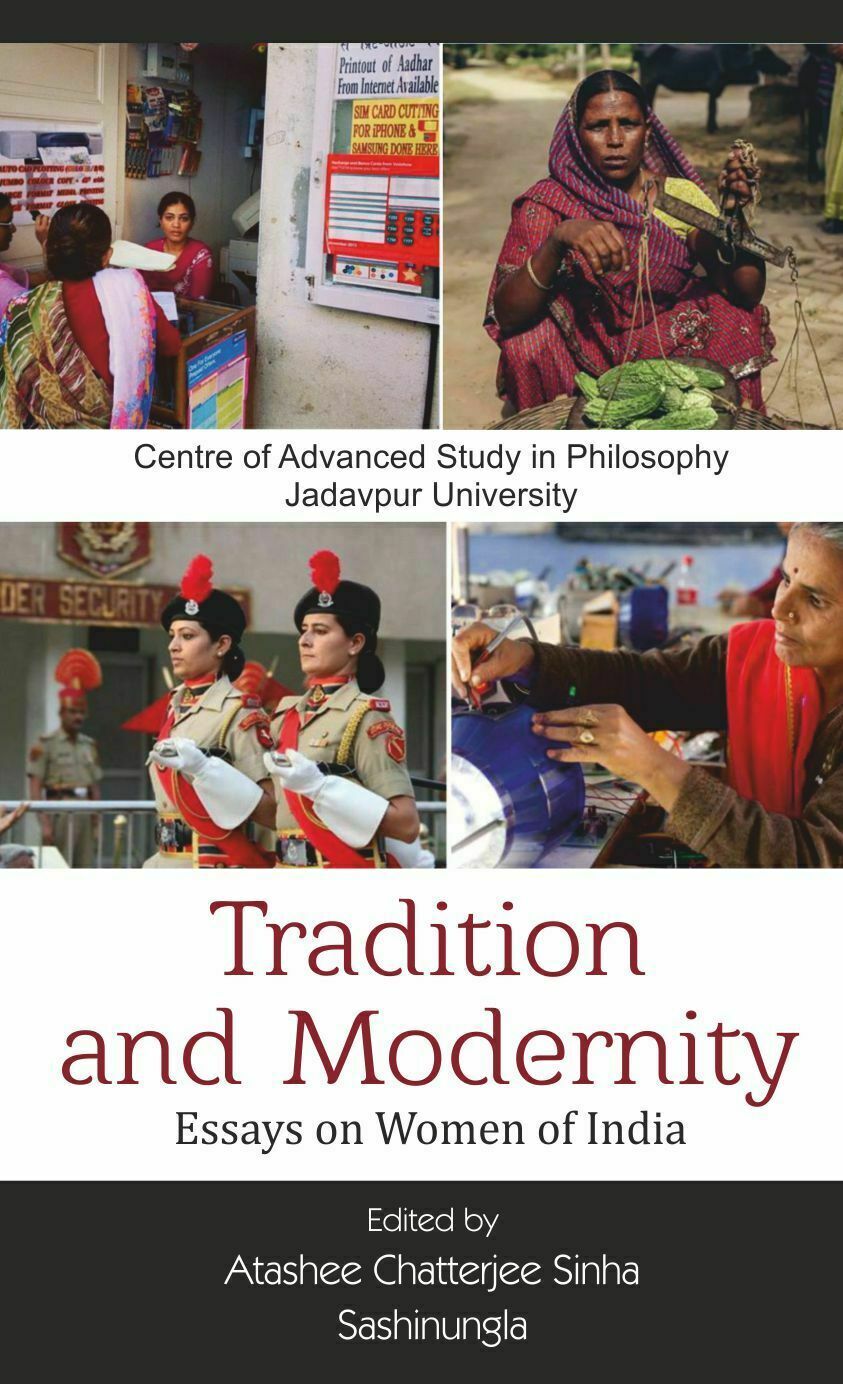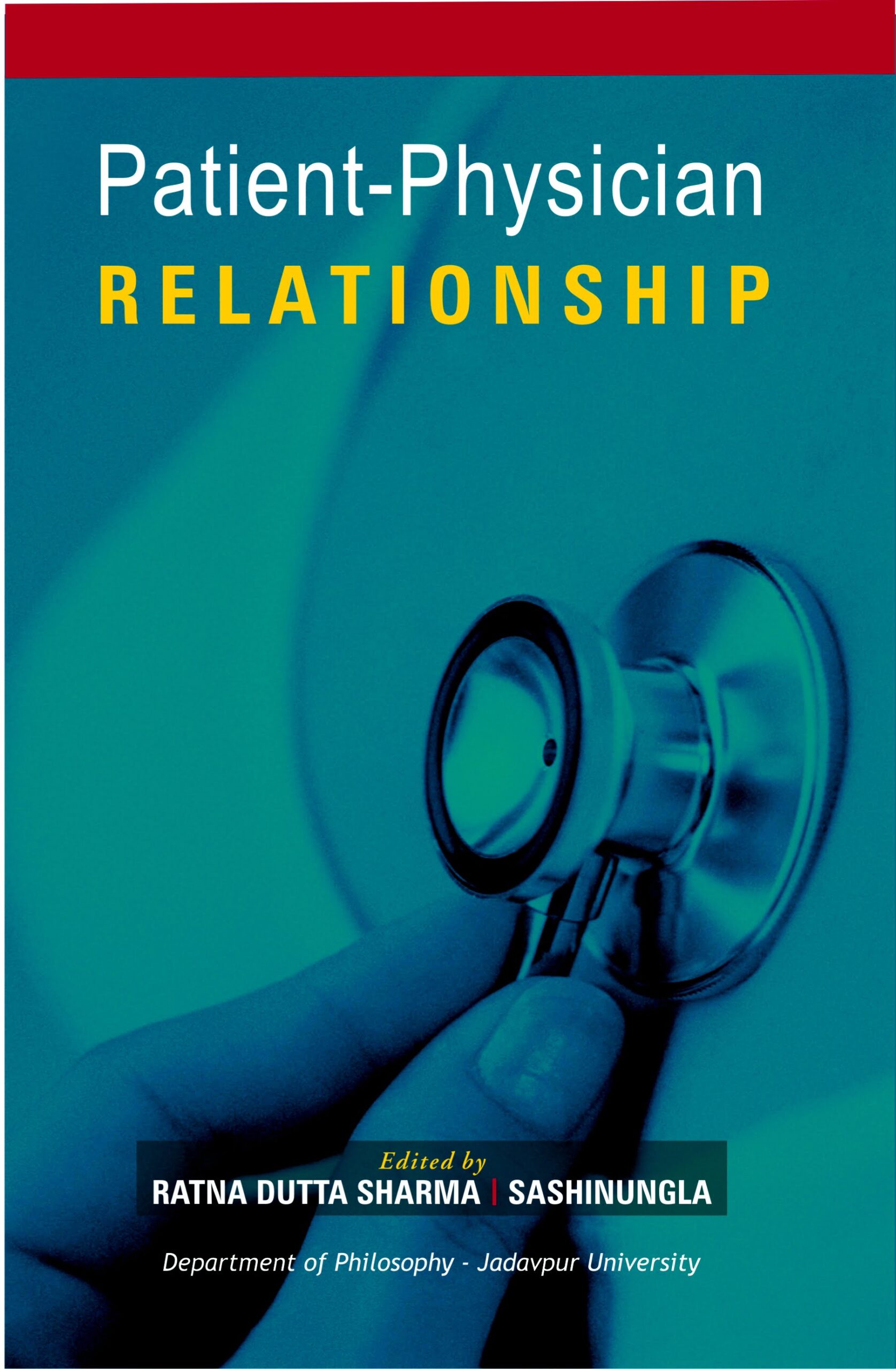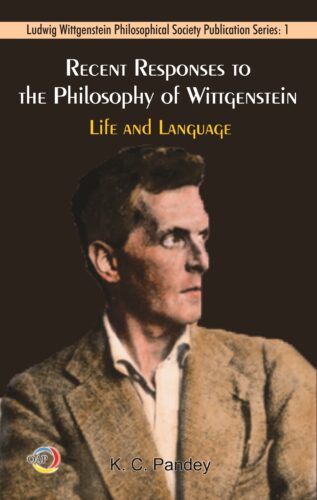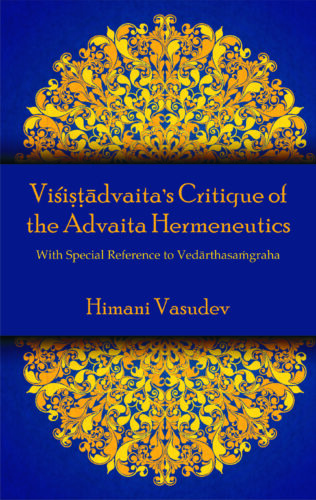

Jadavpur Journal of ...
Jadavpur Journal of Philosophy Vol. 26 (no. 1)
by: Madhumita Chattopadhyay , SashinunglaJadavpur Journal of Philosophy is a refereed, bi-issue journal, in English (No. 1) and Bengali (No. 2) published annually by the Department of Philosophy, Jadavpur University, Kolkata, India. The journal volume in Bengali is titled Darsan Biksa. The journal is devoted to the publication of original scholarly papers in any branch of philosophy. Its objective is to encourage contributions from scholars, dealing with specific philosophical problems connected with their respective fields of specialization.
₹300.00 Original price was: ₹300.00.₹270.00Current price is: ₹270.00.
ISBN: 9788124609231
Year Of Publication: 2017
Edition: 1st Edition
Pages : 131 p.
Language : English
Binding : Paperback
Publisher: Jadavpur University
Size: 24
Weight: 250
Jadavpur Journal of Philosophy is a refereed, bi-issue journal, in English (No. 1) and Bengali (No. 2) published annually by the Department of Philosophy, Jadavpur University, Kolkata, India. The journal volume in Bengali is titled Darsan Biksa. The journal is devoted to the publication of original scholarly papers in any branch of philosophy. Its objective is to encourage contributions from scholars, dealing with specific philosophical problems connected with their respective fields of specialization.
- Sale!Recent Responses to the Philosophy of Wittgenstein by: K. C. Pandey
₹1,800.00Original price was: ₹1,800.00.₹1,620.00Current price is: ₹1,620.00.The essays contained in this anthology explore philosophical issues which have often been raised during recent debates and discussions in Wittgensteinian epistemology, theology, logic, ethics, religion, social science, cultural studies, psychology and language. It is based on the idea that Wittgenstein’s thoughts have not only been interpreted by the academicians in philosophy, but have been used as a method in many other fields of Humanities and Social Sciences as well. Keeping in view this idea, the book gives a fresh interpretation from the perspectives of recent issues raised on life and language in the philosophy of Wittgenstein. It discusses Wittgensteinian issues through the perspectives of the Indian as well as the contemporary world.
- Sale!Visistadvaita’s Critique of the Advaita Hermenqutics by: Himani Vasudev
₹500.00Original price was: ₹500.00.₹450.00Current price is: ₹450.00.Vedānta is the very heart of Indian philosophy. The various schools of Vedānta have been explored under diverse categories including ontological and epistemological, but they are a storehouse of so much more. “Hermeneutics” in simple words can be the theory of interpretation and this book has studied the critique of the Advaita hermeneutics by Rāmānujācārya based on Vedic statements like tat tvam asi, tadaikāta bahu syāma, neha nānāsti kiñcana and many others in his book Vedārthasaṁgraha which mirrors a complete vision of the Upaniṣads. Rāmānujācārya has shown how the Śruti statements can be seen in a coherent manner resolving the conflicts of bheda and abheda. The nature of a word and its various śaktis, followed by how successful are words in describing the concepts of sat, cit and ānanda, are also discussed here.
This book is an initial effort in the hermeneutic studies of Indian texts, which have been kept limited to the scope of philosophy, theology or religion alone. Many more linguistic treasures can be found here. - Sale!Vada in Theory and Practice by: Radhavallabh Tripathi
₹1,300.00Original price was: ₹1,300.00.₹1,170.00Current price is: ₹1,170.00.Vada, meaning debates, dialogues, discussions, was the quintessential of Indian spirit, enabling and promoting the growth of different philosophical and knowledge systems of India. It percolated deep into our mindset and enriched the moral, ethical, religious and sociocultural edifice of anything that was essentially Indian in nature. As continuation of Anvikshiki from the bc era, vada helped thrive Indian traditional knowledge systems. It subsists on diversity and its tradition envisages pluralism.
Most of our Sanskrit works, covering a wide gamut of knowledge systems, are structured in the techniques of debate. This reality applies not only to the philosophical writings, but to Indian medical systems (Ayurveda), Arthashastra of Kautilya and Kamasutra of Vatsyayana as well. Even great epics like Ramayana and Mahabharata are no exceptions.
Vada culture involved verbal duals, attacks and even violence of speech, and all major religious systems — old or modern — were parties to it. This book also elucidates how vata was vital and critical for the growth of our socio-political fabrics. It shows how some of the major conflicts in philosophical systems were centred around karma, jnana, choice between violence and non-violence, pravritti and nivritti. It also presents the manifestations of vada on a vast canvas during the nineteenth and twentieth centuries. Modern spiritual and religious gurus like Ramana Maharshi, J. Krishnamurti and Vinoba Bhave were men of dialogues. Our scholars have applied the varied techniques of vada against the philosophical and scientific systems of the West to prove them correct.
This collector’s issue should enthrall a wide audience of philosophers, scholars and believers in Indian knowledge systems. - Sale!Navya Nyaya Philosophy of Language by:
₹400.00Original price was: ₹400.00.₹360.00Current price is: ₹360.00.This book represents the philosophy of language in Navya-Nyaya, based upon an analysis of the “Verbal Suffix Chapter” (Akhyatavada) of Gangesha’s Tattvacintamani. Since this chapter elaborates what kind of verbal understanding is generated and discusses related issues, the book demonstrates the main features of that philosophy of language and serves as a good introduction to that. The analysis mainly deals with Gangesha, but in some cases it refers to Raghunatha. Since the book is an attempt to pursue philological exactness and philosophical analysis, it is hoped to interest not only Sanskrit scholars, but also philosophers in general.
The book consists of four lectures. Lecture I clarifies Gangesha’s view of the meaning of the suffixes of a finite verb, which (meaning) is greatly disputed among the Navya-Nyaya philosophers, the Mimamsa philosophers, and the Grammarians. Lecture II investigates how Gangesha determines the meaning of words and illustrates that his method bears upon ontological categories of Vaisheshika. Lecture III deals with Gangesha’s “Five Definitions of Invariable Concomitance Section” (Vyaptipancaka) and elucidates the relation between meaning and the logical structure of the definitions. The lecture also provides diagrams as a tool to represent the structure. Lecture IV explains the realistic standpoint of Navya-Nyaya by clarifying the concept of the counterpositive (pratiyogin) of absence (abhava), or a thing whose existence is negated, focusing on empty terms or non-factual expressions such as “a round triangle”, “the present King of France”, “a rabbit’s horn”, and so forth. The lecture delineates how Udayana, Gangesha, and Raghunatha observed and, as the time passed, did realism thoroughly in language analysis. - Sale!Vedanta Science and Technology: A Multidimensional Apporoach by: Girish Nath Jha, Bal Ram Singh, Sukalyan Sengupta,
₹3,000.00Original price was: ₹3,000.00.₹2,700.00Current price is: ₹2,700.00.Vedānta texts have been well known for their richness in fundamental scientific and technological principles with strong potential for research and development today. In fact, much of ancient India’s remarkable achievements in science and technology can be credited to Vedantic texts.
This volume – proceedings of the 22nd International Congress of Vedanta held during 27-30 December 2015 at Jawaharlal Nehru University, New Delhi – features 53 scholarly articles from a wide variety of areas of study. The 22nd Vedanta was a confluence of scholars from various disciplines and the papers in this volume bear the imprint of an intense discussion that is usually expected from a good Vedanta seminar. Though the majority of the papers are in English, a few are in Sanskrit and Hindi as well. The papers are grouped under Vedānta Studies, Vedānta and Philosophy, Vedānta and Science, Vedānta and Culture, Applied Vedānta, and Digital Access and Search of Sanskrit Texts.
This multidimensional approach extends the core scientific ideas of Vedānta to social, cultural, aesthetic and religious aspects of studies, creating a wide spectrum of intellectual discourse and trying to discover fundamental scientific and technological aspects of Vedānta studies.
Being a worthwhile addition to Vedānta studies, this volume should invoke keen interest among all those who are deeply into it, be a student, a researcher or a common reader.


